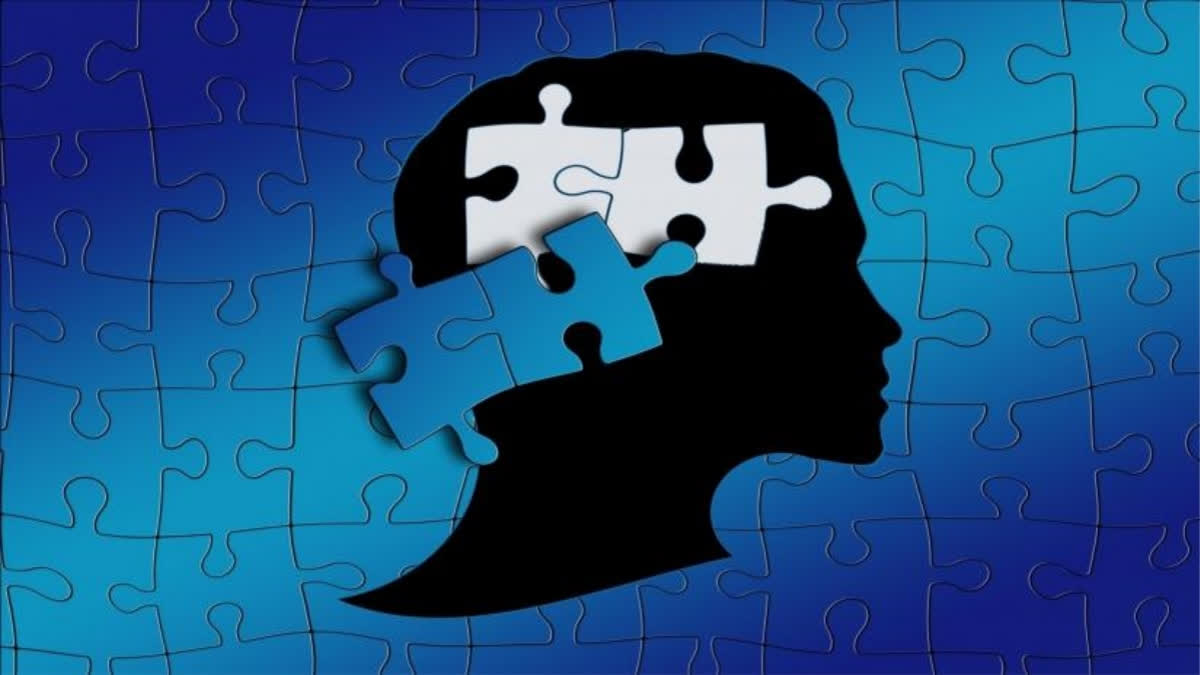New Delhi:Do you feel anxious if the message you sent 24 hours back doesn't get a reply? Does your mood change if you don't know when the call you are anticipating will come?
Are you anxious if you don't know what happened to the job application which has been in limbo for months? Do you get anxious while your exam results are awaited, or for that doctor's appointment, the surgery date, or simply the time before you go for that wonderfully planned first date?
While poems and books have been written on the concept of waiting for centuries, Scientists and Researchers now say waiting surely is no one's idea of a good time and can affect the mental well-being of a person.
While in earlier days, no attention was paid to this bit of common sense and even studies on mental health only focused on the effect of sad or happy events on mental well-being, now experts believe waiting, be it for a person or an event can cause mood changes and increase anxiety.
"Waiting and time between waiting can decline a person's mood and multiply anxiety,'' said one of India's top Mental Health experts and psychiatrist, Dr Jitendra Nagpal.
Dr Nagpal says waiting escalates restlessness with underlying anxiety. It changes mood which is important to our sense of well-being and even in mood disorders like depression.
So How Does Our Mood Change as Time Passes?
While scientists had no absolute answers earlier, now recent studies are trying to provide insights. In a paper by researchers from University College London and NIH, published in Nature's Human Behaviour Journal showed that "the average person’s mood declined about 2% per minute'' during waiting.
Researchers called this effect “Mood Drift Over Time,” or “mood drift” for short. The study asked more than 28,000 people to rate their mood periodically as they sat at rest or did common psychology study tasks online. The participants were put through times of wait and then went through brain scans.
'Change in Trait'
In simple words, the researchers said if one group of participants is forced to wait longer than another before a task, they’ll start that task in a worse mood. "This could lead to changes in brain activity and behaviour that the researchers might mistake for a difference in that group’s traits,'' the researchers say.
